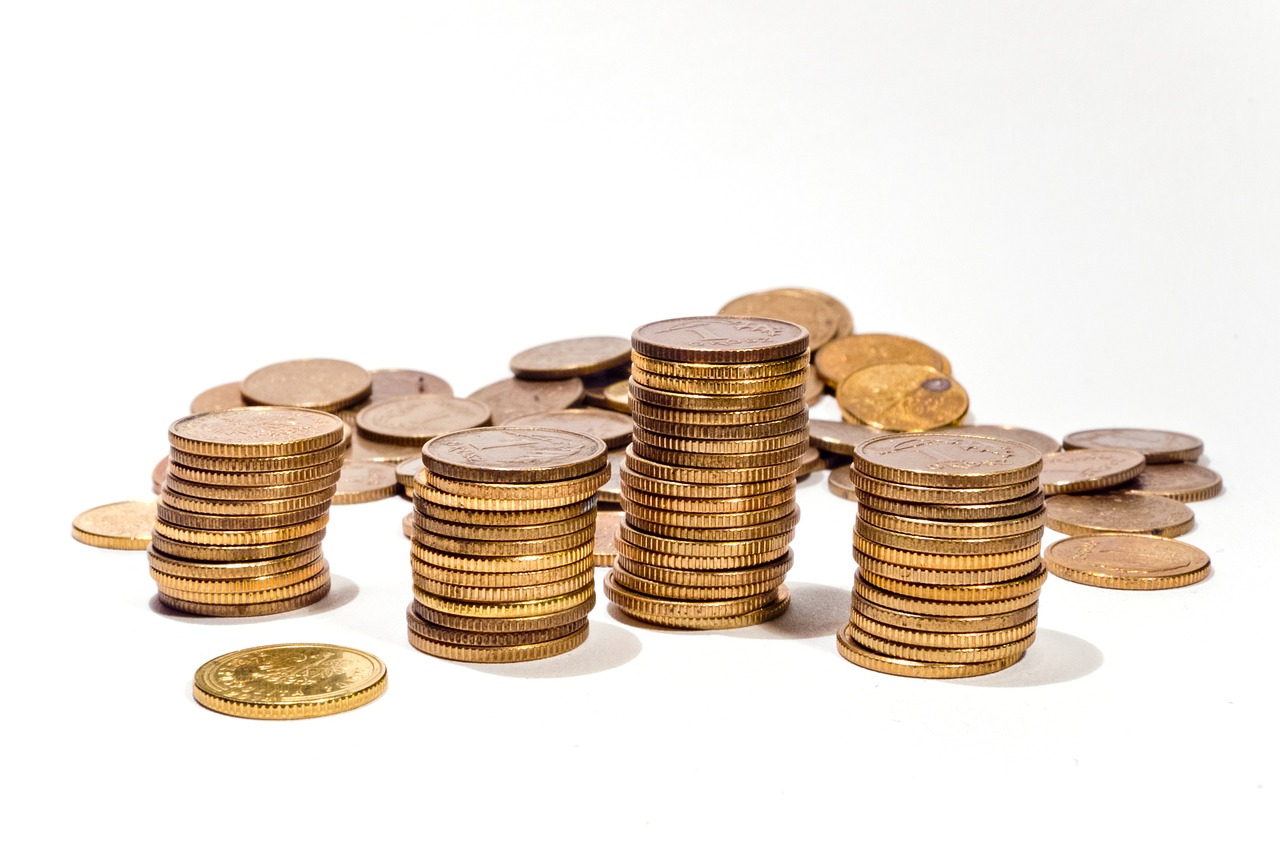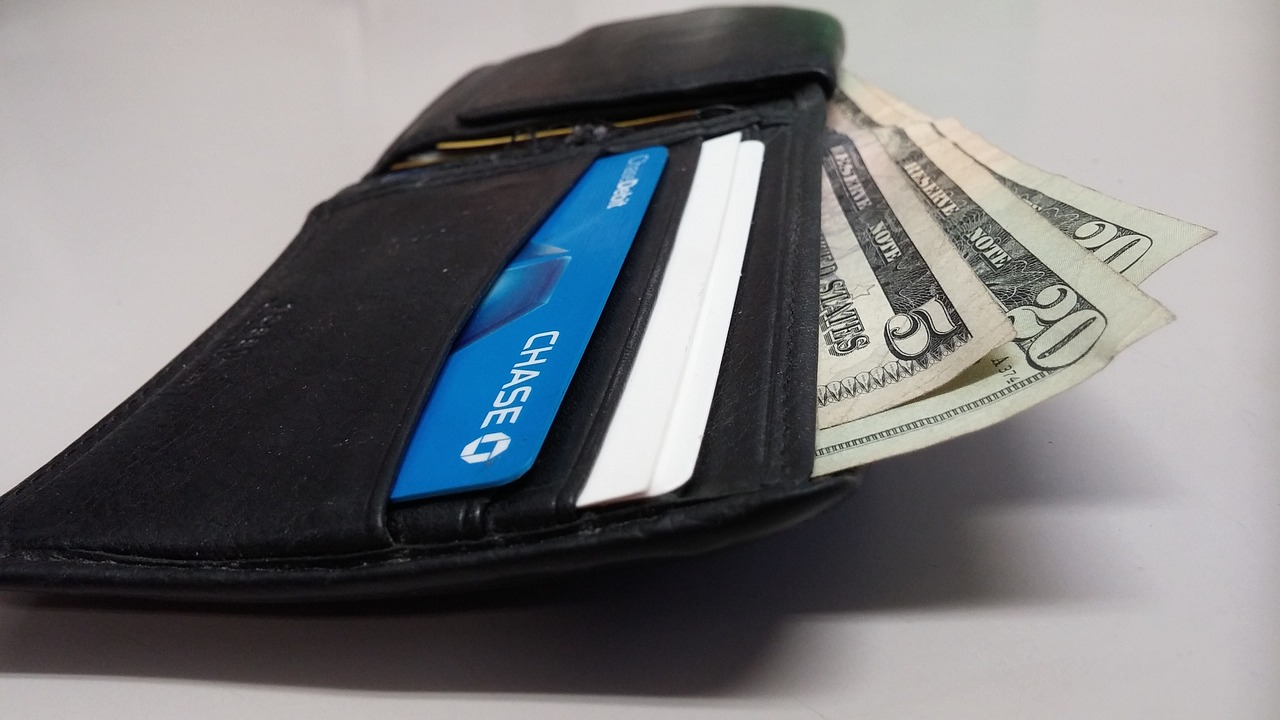When the 2008 economic crisis hit, many people were taken by surprise – and a lot of them were caught with absolutely no savings in their piggy banks. Truth be told, planning a safety net is one of the very best things to do for your finances – especially if you want to avoid getting even more indebted when you have to pay for an unexpected repair you really need.
How much spare cash do you actually need, though? Here are some tips to help you plan the perfect safety net so that you can live a more stress-free life:
You do need an emergency fund
If you don’t have some money saved for the rainy days, it can be very easy to enter a never-ending loophole that will make you run from one lender to another. An emergency fund can save you from a lot of trouble, it can save you from having to borrow money from friends (which can very easily ruin a relationship) and you also avoid having to borrow from payday lenders and to use your credit cards too (which can end up with a huge interest rate).
Start Low
You don’t have to target to saving thousands of dollars from the very beginning, especially if you are not very experienced when it comes to emergency funds. However, what you can do is make sure that you start low and then gradually work your way up to bigger targets. Saving $250 or $300 for an emergency fund can be quite doable, especially if your current income is stable and if it’s at least medium in terms of how much money get into your house. With a bit of attention to detail, you can create an emergency fund of a couple hundred dollars in just a couple of months – so you can definitely do this.
Don’t Stress Over It
Creating an emergency fund should never be something you really, really stress out about. Life is already very stressful, so you will have to make sure that you avoid anxiety as much as possible. Stressing too much over the creation of an emergency fund is definitely not a good idea, so you should try to accept the mistakes, to learn from them and to smile whenever something does not go according to the plan.
How Much Is Enough?
Nobody can tell you exactly how much you should have in your emergency fund. However, most experts advise people to save at least enough money to pay for an emergency expense (such as a car repair, for example). However, if you feel the need to push this even further, you should save enough money to be able to pay for your essential expenses over the course of a few months (six, nine or twelve).
This may sound like a lot of money, but the truth is that it is doable. There are tons of ways in which you can save a lot of money every month. The key lies in finding those ways that suit you the best!



